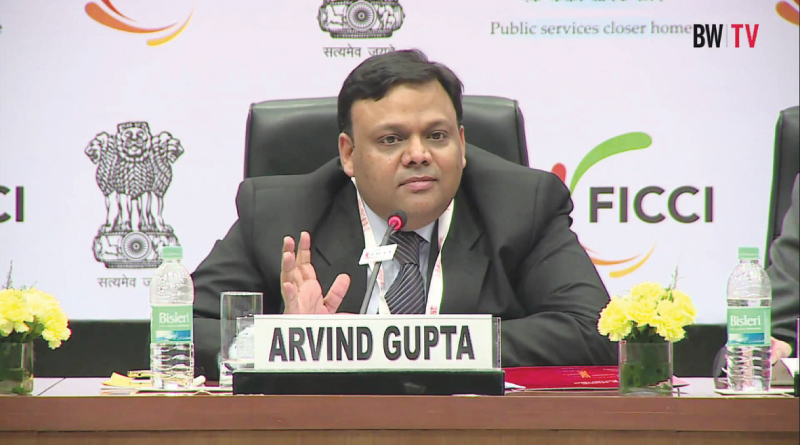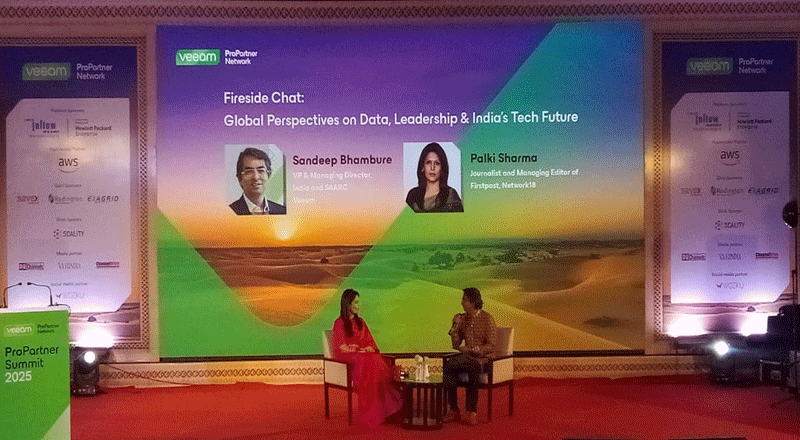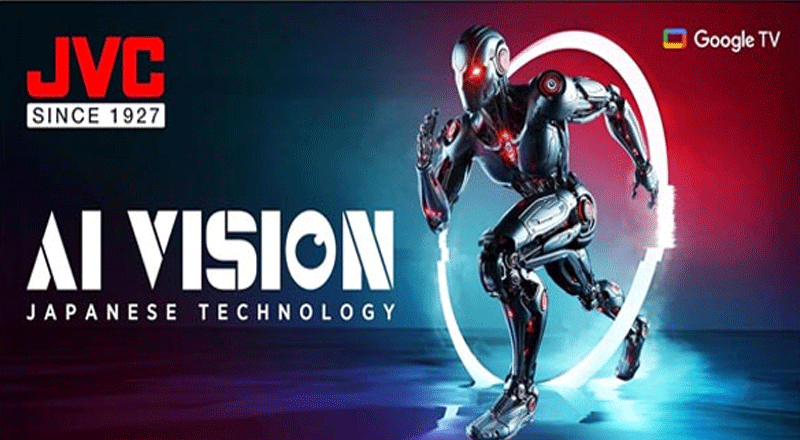The 4th Industrial Revolution is taking the world by storm and it has digital technologies at its core; it is the combination of data, internet sensors, cloud computing, analytics, artificial intelligence, and virtual reality combined with 3D printing, robotics, advanced materials and energy storage that will have a multiplier effect on economic output and society. Digital India is a holistic vision to harness the energy of its demographic talent and potential of digitization for India. From affordable & ubiquitous connectivity, to locally manufactured devices and consumable content in all languages and forms, the vision is of a digitally empowered society solving problems of financial inclusion, access to healthcare, quality education, clean energy, agriculture information systems amongst others. Digital India will leapfrog India into a socio-economically digitally empowered society in the next 5 years by enabling consumers, citizens, small businesses, traders and farmers to harness technology for efficiency and productivity. Today we stand on the threshold of such a transformation, thanks to the vision of Prime Minister Modi.
Demonetisation has given a much required push for consumption to be digitally driven and payments to go cashless. Every Indian will have access to full financial services through the revolutionary IndiaStack. IndiaStack is open innovation at its best, with tight integration of Aadhaar-identity, digital locker-paperless and payment systems available to all to build their innovations on top of these platforms.
Banks will open new accounts using Aadhaar-linked e-KYC mechanisms in a few minutes. Consumers will make payments to merchants using the Unified Payments Interface. They will be able to get credit, get all benefits directly credited to their accounts (DBT) and get life insurance and medical insurance, and have opportunities to invest their savings electronically.
While the Government focuses on building this local infrastructure for manufacturing hardware, through attracting FDI and the “Make in India” campaign, there is an opportunity to fill the gap by re-deploying the existing IT assets that have been financially depreciated but still have another few years of functional life left. Policies and incentives need to be designed to encourage the re-use of assets that can be re-deployed. This will not only help reduce e-waste generation but will also result in making technology more affordable to those who couldn’t have otherwise benefitted from it.
The startup ecosystem is in place to solve this problem, there needs to be policy clarity to make this happen. General awareness within enterprises and industry organization is also required to re-provision functional assets to village self service kiosks, government schools and panchayats.
The revised e-waste rules released in 2016 has been a significant improvement over the past; however there is still a significant room for improvement by bringing more clarity in the policies. The e-waste guidelines should be clearer in defining what is e-waste. Ambiguity in e-waste definition is resulting in many companies declaring all used assets as e-waste, even if the asset can be re-deployed or sold for further use. This is not only resulting in value destruction but also converting functional assets into e-waste. Similarly, EOU policies related to disposal of capital goods are unintentionally incentivizing creation of e-waste out of functional machines.
In addition to clarity on the rules, the CSR guidelines should also encourage re-use and reduction of e-waste by allowing enterprises to take CSR credit for the amount of assets that they have re-deployed to other needy causes from certified refurbishers. Creation of Re-Use Index on the lines of Carbon Credits could also be a progressive step taken to spread awareness and branding.
India is leading the world with its frugal and open innovation platforms having ability to operate at scale and affordability. Digital India is that major accelerator of economic and societal transformation, impacting all stakeholders by enhancing their quality of life. We need all steps possible to make this empowerment reach to every corner of India.
Arvind Gupta is an IITBHU graduate and Eisenhower Global Innovation Fellow. He tweets @buzzindelhi. The views expressed are personal.





